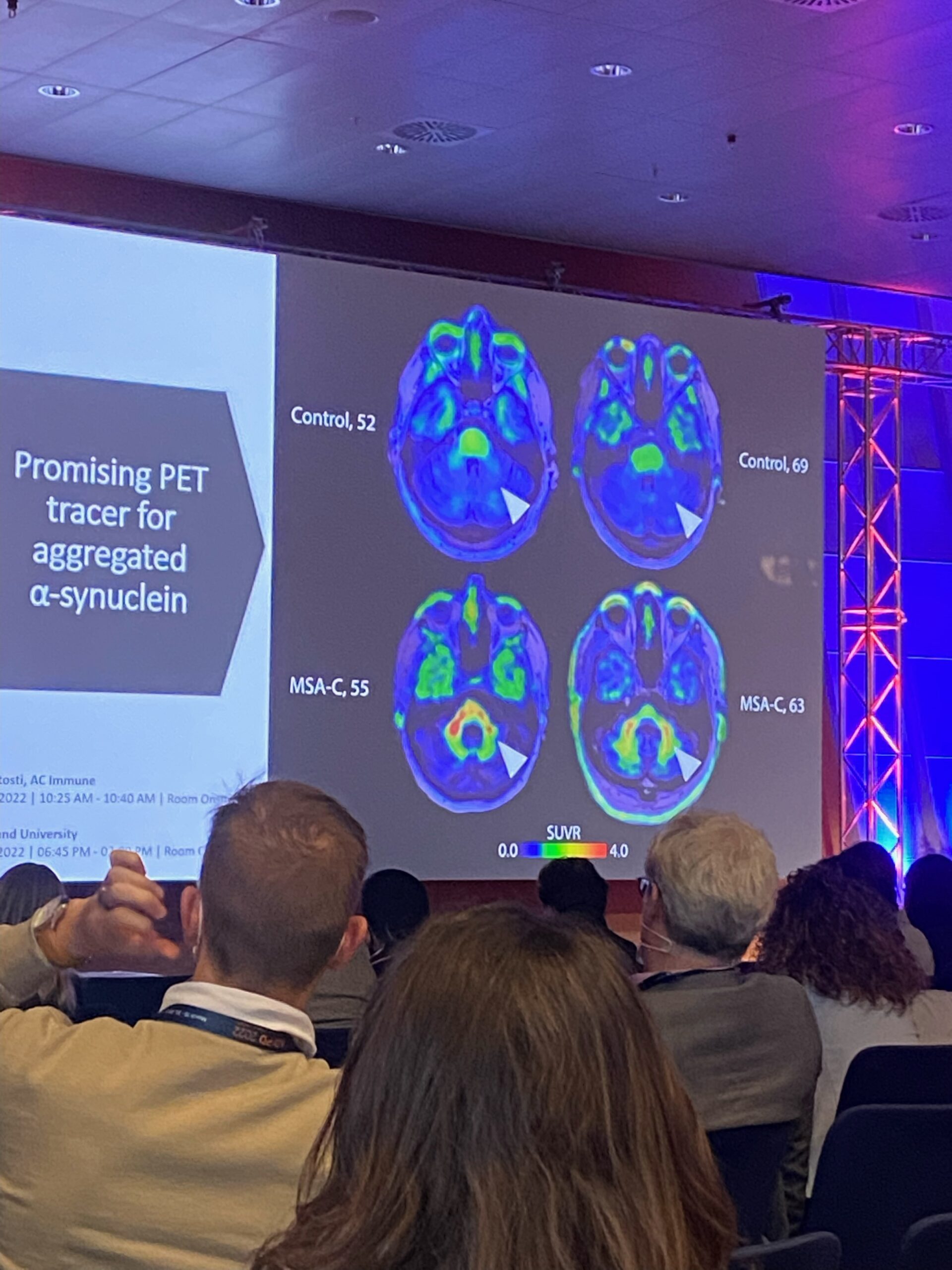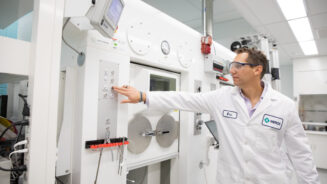Pioneering a Breakthrough in Treating Parkinson’s Disease
1. Introduction
The Michael J. Fox Foundation has led the charge in advancing ground-breaking research in this field over the past twenty years. I hope this partnership with the Foundation will bring us closer to a cure for the millions of people living with Parkinson’s disease.
Introduction
As he approached his 30th birthday in the spring of 1991, celebrated film and television star Michael J. Fox began experiencing some minor but mysterious symptoms, “a twitching finger and a sore shoulder” while at a Florida film premiere.
As his symptoms gradually worsened, Fox discovered that the cause was Parkinson’s, a little-understood neurological disorder that usually manifests itself through resting hand tremors, loss of balance, and difficulty walking.
In 2000—two years after Fox went public with his diagnosis—the actor founded The Michael J. Fox Foundation, which would become the largest private philanthropic organization focused on Parkinson’s. From the very start, the foundation’s core mission has been advancing scientific research: first to gain a full understanding of Parkinson’s disease—its causes, its underlying biology, its process of unfolding—and then to develop effective medications to lessen its symptoms, slow its progression, and, ultimately, to eliminate it entirely. Since its start, the foundation has funded more than $2 billion in research.

“Ken’s partnership in our pursuit of Parkinson’s imaging biomarkers has led to tremendous progress. His generosity has been a difference-maker to our mission and to our ability to transform research and care.”
Visualizing the Alpha-Synuclein Protein
In 2019, Griffin Catalyst partnered with The Michael J. Fox Foundation to fund a promising area of research to better understand, treat, and ultimately drive toward a cure for Parkinson’s disease. The $7.5 million gift supported an innovative competition among research groups around the world to, for the first time, visualize the alpha-synuclein protein in people living with Parkinson’s.
Alpha-synuclein, found in nearly all six million people with Parkinson’s, is a misfolded protein located in certain parts of the brain. Scientists believe it’s an important key to the pathology of the disease.

Scientists realized that developing a neural imaging tool—a tracer—to detect alpha-synuclein could revolutionize the diagnosis and treatment of Parkinson’s, but up to that point the alpha-synuclein protein had only been identified through postmortem examinations. Though an essential first step, the technique could not help people with Parkinson’s in time to improve their lives.
“We still have so much to learn about the pathology of Parkinson’s. It’s long been known that alpha-synuclein is the hallmark protein that clumps in the brain of people with the disease, but figuring out exactly what alpha-synuclein does is not fully understood. It’s a seminal target, but we need better tools to chase after it.”
A Groundbreaking Competition
Was it possible to visualize the alpha-synuclein protein in living Parkinson’s patients and observe the effects of new therapeutic interventions—many of which are currently in trials? Working together, The Michael J. Fox Foundation and Griffin Catalyst came up with an innovative approach: a groundbreaking competition to breathe renewed life into the field.
Named the Ken Griffin Alpha-synuclein Imaging Competition, the initiative would challenge leading groups to develop what Debi Brooks described as “a game changer”: a tool that could see if new medications were actually engaging—and reducing—the sticky protein.
“And so the race was on,” Debi Brooks said, “to develop an imaging tracer.”
In July 2020, it was announced that three finalists—AC Immune, Mass General Brigham, and Merck—would receive initial funding. Over the next three years, all three began to show promising results, including the imaging of alpha-synuclein in a living brain for the first time—not precisely for Parkinson’s, but for a related condition called MSA, or multiple systems atrophy.
“It was a long way in the distance before, but it’s getting a lot closer. Three groups coming out of this competition…are testing tracers in humans. This has never happened. ”
In March 2023, The Michael J. Fox Foundation selected the competition winner. A team of advisors determined that Merck had made the most progress, and the team was awarded $1.5 million in support of the next phase: to test the newly developed imaging tracer for Parkinson’s disease in human trials.
“The imaging research gives us not only a sense of what's happening in the brain, but how things change over time…You've got to know what's going on with the drug. Is it getting to its target site in the brain? Is the accumulation of alpha-synuclein less or is it progressing? It put us in a place where we can actually do research. ”
A Powerful New Tool
That effort, in turn, helped to lay the groundwork for another extraordinary breakthrough, revealed just a month later, in April 2023. The Foundation announced that researchers had discovered a new tool—a biomarker—that reveals abnormal alpha-synuclein in brain and body cells. Known as the alpha-synuclein seeding amplification assay (SAA), this new tool detects aggregations of the protein not only in patients who already have Parkinson’s, but, remarkably enough, in individuals who have not yet presented symptoms of the disease.
The biomarker test that was validated is binary, meaning it shows whether or not the signature misfolded protein in Parkinson’s disease (alpha-synuclein) is present. However, it does not reveal how much of the protein is present or whether the amount is increasing or decreasing over time. Both the competition and the recent biomarker discovery have catapulted research forward and will do so for clinical care of Parkinson’s in the near future.
Together, the SAA and imaging technologies offer complementary insights and data on the pathology of the disease. And together, they are creating a true paradigm shift, carrying us a major step closer to bringing Michael J. Fox’s long-held dream—a world without Parkinson’s—to reality.
“To carry off this kind of thing, you need a significant leadership gift, and it was fantastic that Ken Griffin stepped in. It was timely, significant, and motivating. ”






